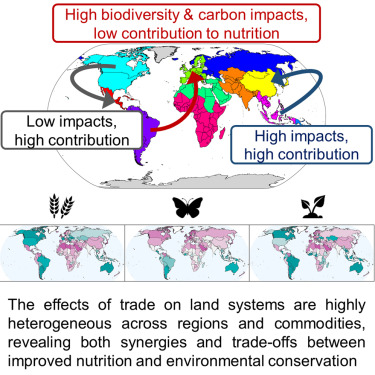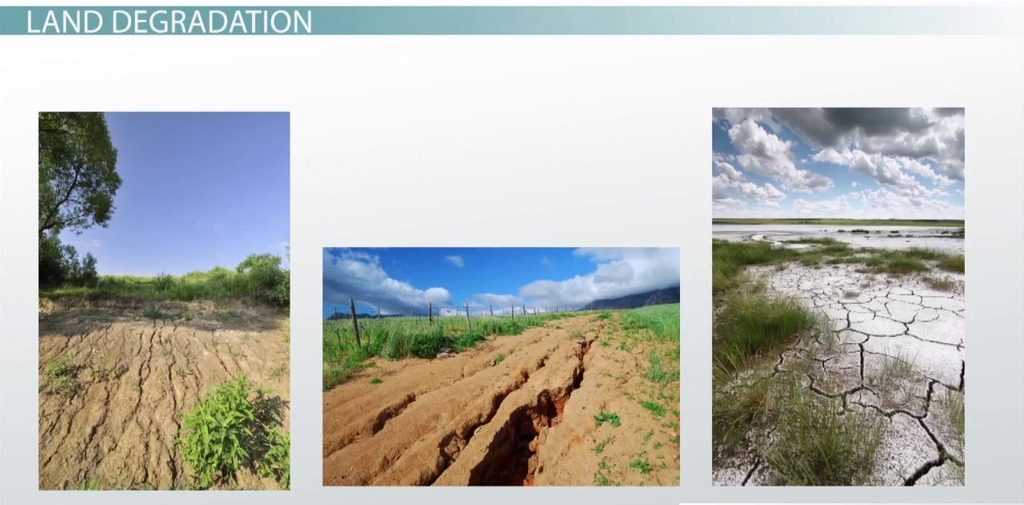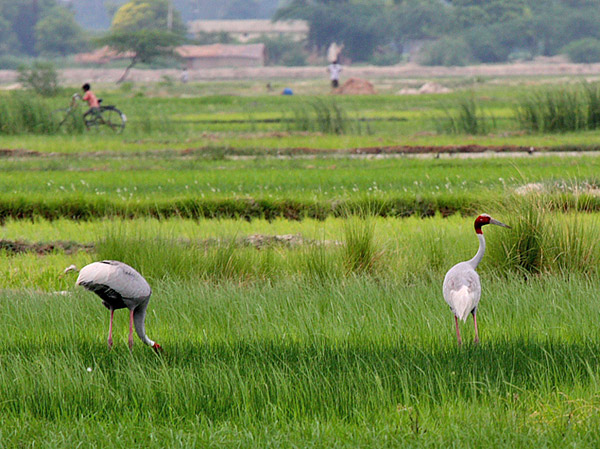Introduction
Agriculture is a universal activity. It is the backbone of economies, a source of livelihood for millions, and the foundation of food security worldwide. However, the dynamics of agriculture have evolved over the years, and it now operates on a global scale. In this era of interconnectedness, agricultural practices have a profound impact on global trade, economics, and the environment. This blog post will shed light on the challenges and opportunities that agriculture and global trade present in our modern world.
The Global Agriculture Landscape
Agriculture, once a localized endeavor, is now a global affair. Food produced in one corner of the world may find its way to the dinner tables of another. This interconnectedness has brought about several benefits:
1. Access to a Diverse Range of Foods: Global trade has expanded our access to a diverse array of foods. We can enjoy tropical fruits in winter, coffee from distant countries, and spices that were once considered rare luxuries.
2. Economic Growth: Agriculture and global trade are intertwined with economic development. Exporting agricultural products can boost a nation’s economy and provide employment opportunities in both rural and urban areas.
3. Innovation and Technology Transfer: As agricultural products cross borders, so do knowledge and technology. This facilitates the spread of innovative farming practices, helping to improve yields and reduce environmental impact.
Challenges in Global Agriculture and Trade
While the globalization of agriculture brings numerous advantages, it also poses significant challenges:
1. Food Security: Despite increased global trade, millions of people still suffer from hunger and malnutrition. Ensuring that food is both available and affordable for everyone remains a daunting challenge.
2. Environmental Sustainability: Intensive farming practices and excessive use of chemicals have taken a toll on the environment. Global agriculture must find ways to reduce its ecological footprint and adopt sustainable practices.
3. Economic Disparities: The benefits of global agriculture and trade are not equally distributed. Many small-scale farmers and agricultural laborers in developing countries face economic hardships while multinational corporations profit.
4. Climate Change: Agriculture is highly vulnerable to climate change. Extreme weather events, shifting growing seasons, and altered precipitation patterns can disrupt food production and trade.
Opportunities for Improvement
Addressing the challenges of global agriculture and trade requires innovative solutions:
1. Sustainable Farming Practices: Implementing sustainable farming practices can help reduce the environmental impact of agriculture. Techniques such as crop rotation, organic farming, and precision agriculture can improve soil health and decrease the need for chemical inputs.
2. Fair Trade Practices: Promoting fair trade practices can ensure that farmers receive a fair share of the profits from their labor. This can help reduce economic disparities within the agricultural sector.
3. Investment in Research and Development: Continued investment in agricultural research and development can lead to the development of new crop varieties that are more resilient to climate change and have higher yields.
4. Global Collaboration: Addressing food security and sustainability requires international cooperation. Governments, NGOs, and businesses must work together to develop policies and initiatives that promote responsible agricultural practices and equitable trade.
Conclusion
Agriculture and global trade are intricately linked, shaping the way we eat, live, and interact with the world. While they offer opportunities for economic growth, innovation, and access to diverse foods, they also present significant challenges in terms of food security, environmental sustainability, and economic disparities. It is crucial for us to address these challenges collectively and harness the opportunities presented by global agriculture to build a more sustainable and equitable future for all. By promoting sustainable farming practices, fair trade, and international collaboration, we can pave the way for a thriving global agriculture sector that benefits both people and the planet.





